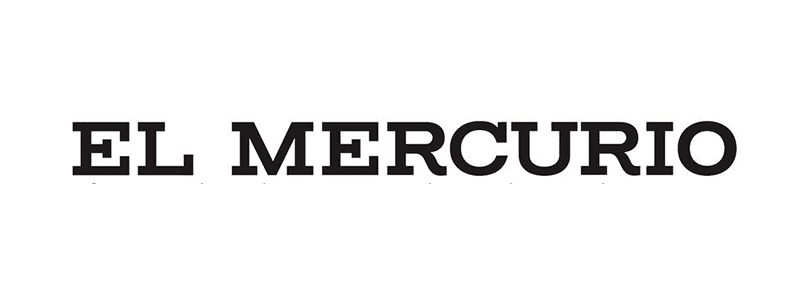The issuance of invoices, payment of taxes, simulations and crimes are among the possible infractions to be investigated.
This week marks two months since the Convenios case broke out, a crisis that has nearly 40 foundations under investigation by the public prosecutor’s office and forced on Friday the resignation of Giorgio Jackson as Minister of Social Development.
The crisis that opened with the foundation Democracia Viva, linked to militants of the RD -main force of the ruling Frente Amplio-, has focused on the investigations of the alleged irregular transfer of high amounts of funds from public agencies, such as departments and regional governments, to private non-profit organizations. It has also raised the debate on the possible political, administrative and criminal responsibilities. However, so far there has been no discussion of the tax aspect of the case and the role of the Internal Revenue Service (SII) in this area.
In the opinion of the experts consulted, given the magnitude of the crisis and the uncertainty that has been generated, the actions of the SII are key. A month ago, the director of the Service, Hernán Frigolett, declared that up to now they had not detected a potential tax crime and now the entity states that for reasons of legal reserve they cannot confirm or rule out investigations in this line. However, sources linked to the process reveal that the SII is monitoring the case and there is coordination with the Public Prosecutor’s Office, through an agreement signed in June for the prosecution of economic and tax crimes.
Two weeks ago, on Radio Bio Bio, the former deputy legal director of the SII, Cristián Vargas, explained that the institution has the obligation to investigate and supervise the foundations that could be committing crimes or irregularities. However, he emphasized that the SII “is in arrears” in this matter and called to speed up the investigations.
Other experts agree on the need to speed up the investigation of possible crimes or tax offenses as a way of safeguarding “public faith”.
“Given the uncertainties of the case and the tax implications it may have, it would not be prudent for the SII to turn a deaf ear, as it should fulfill its supervisory role and ensure compliance with tax regulations”, says David Ancelovici, director of the Tax Group of Albagli Zaliasnik (az).
There are several possible infractions that could have been activated in the Convenios case and one of them, in Ancelovici’s opinion, points to the issuance of invoices. “If the invoices for the services rendered have not been issued, insofar as they are taxed with VAT (which seems to be the case), we would be, in the first place, before a tax crime and, secondly, we could think that we are in front of several donations of money. If this is the case, have these possible donations complied with the legal requirements to which they are subject, paying the corresponding taxes when applicable”, he warns.
Source: El Mercurio, August 14, 2023.



